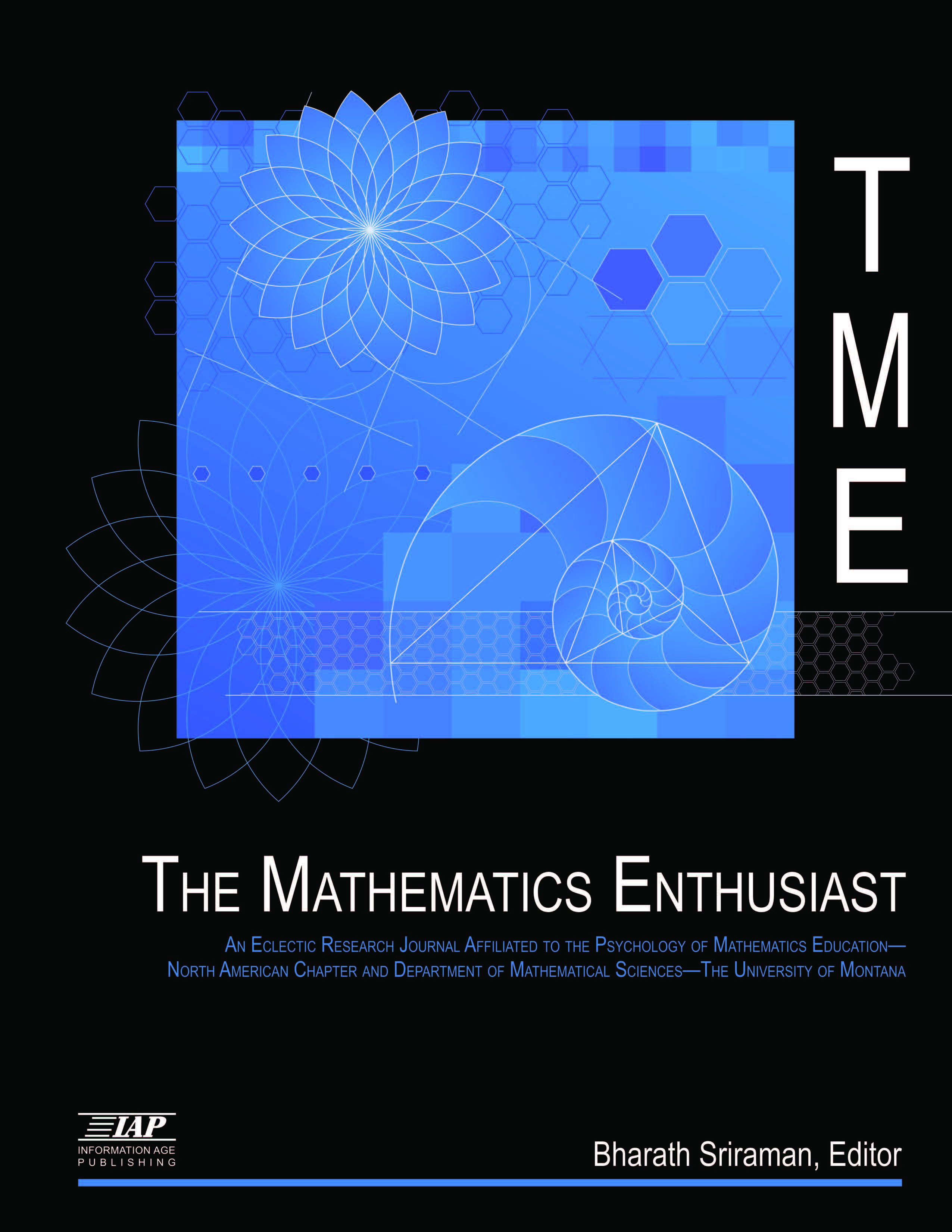
Volume
14
Issue
1-3
Abstract
In this paper we investigate the abilities that six high-achieving Swedish upper secondary students demonstrate when solving challenging, non-routine mathematical problems. Data, which were derived from clinical interviews, were analysed against an adaptation of the framework developed by the Soviet psychologist Vadim Krutetskii (1976). Analyses showed that when solving problems students pass through three phases, here called orientation, processing and checking, during which students exhibited particular forms of ability. In particular, the mathematical memory was principally observed in the orientation phase, playing a crucial role in the ways in which students’ selected their problem-solving methods; where these methods failed to lead to the desired outcome students were unable to modify them. Furthermore, the ability to generalise, a key component of Krutetskii’s framework, was absent throughout students’ attempts. These findings indicate a lack of flexibility likely to be a consequence of their experiences as learners of mathematics.
First Page
141
Last Page
160
Recommended Citation
Szabo, Attila and Andrews, Paul
(2017)
"Examining the interaction of mathematical abilities and mathematical memory: A study of problem-solving activity of high-achieving Swedish upper secondary students,"
The Mathematics Enthusiast: Vol. 14
:
No.
1
, Article 10.
DOI: https://doi.org/10.54870/1551-3440.1392
Available at:
https://scholarworks.umt.edu/tme/vol14/iss1/10
Digital Object Identifier (DOI)
10.54870/1551-3440.1392
